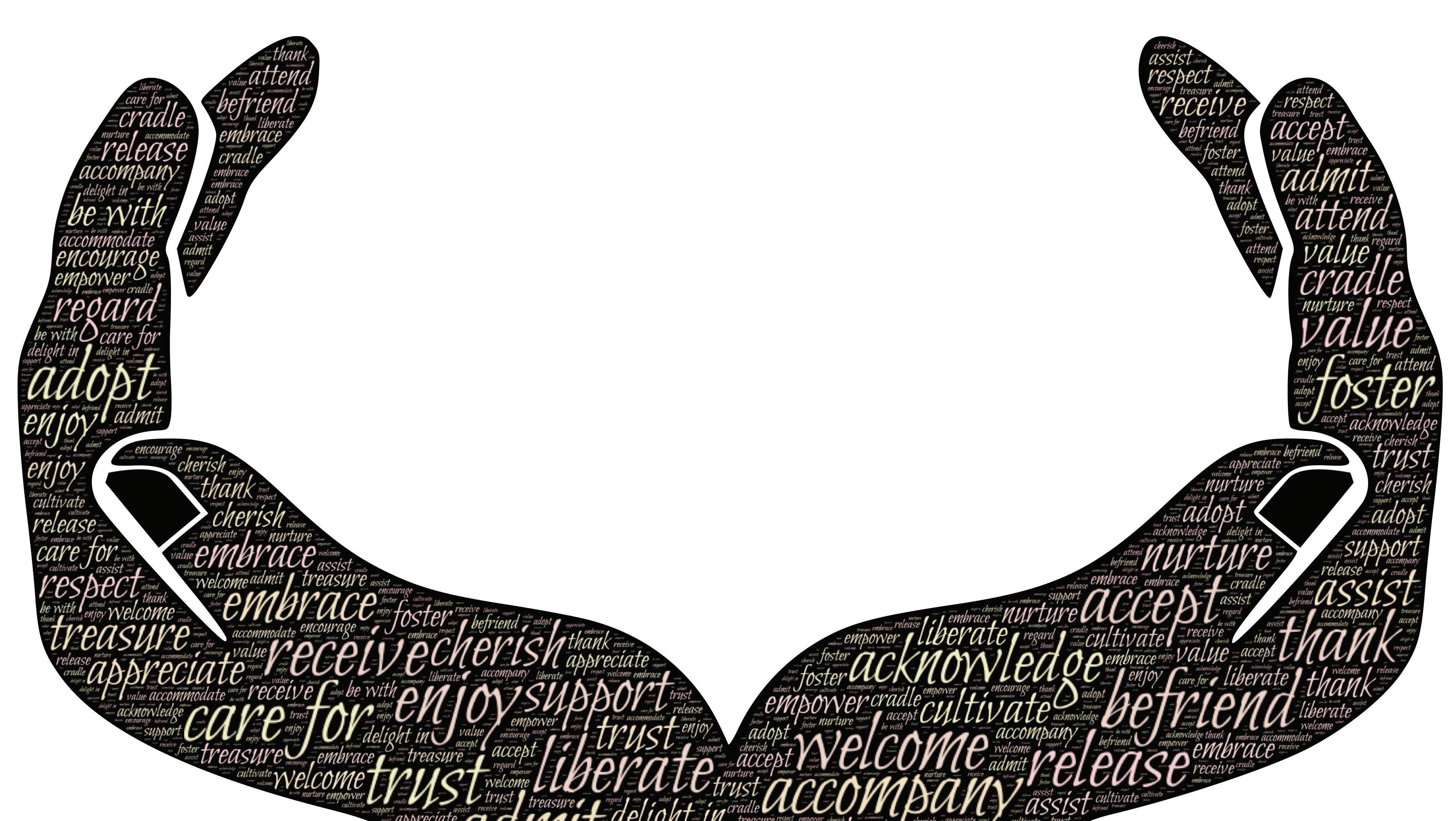
4 minute read
Elephant in the Room
21st Century Parenting
The D WorD
By Olivia Sinco
Discipline isn’t a dirty word; in fact it could be a contributing factor in addressing the so-called mental health crisis among our younger generation right now. Discipline is more a loaded word – a trigger for our personal childhood experiences and, let’s face it, there are many, many things hidden under the discipline umbrella that clearly don’t belong there.
Discipline is about setting boundaries, where as punishment is about inflicting pain to get a certain result. Consider a school that puts a focus on achieving excellence in academic results, pushing staff and students to perform in order to compete with other schools in the area. This is a results-based approach. In contrast, consider a school leadership that understands wellbeing precedes academic achievement and puts their focus on emotional support of the staff. This filters down to students, through to families and creates a beacon of safety for the whole community. Such a place finds excellence through these nurturing connections and setting healthy boundaries, where academic success is a healthy result of collaboration and wellbeing. The discipline is in the commitment to regular connection.

Good parenting is a balance between disciple and nurture, which are not mutually exclusive. Effective, sustainable discipline means applying the right amount of nurture, not when we’re angry and triggered. It needs to be carefully thought out with the notion that we are raising adults.
Taking care of a child’s wellbeing means that we never impose consequences without first making connection and never done in anger, or with the element of suffering. Being an Education Support Worker, the nurture/discipline balance is the basis of my entire role. To ensure my students engage with their education to the best of their abilities, I must keep the education goals in mind. Consider Ben, a student who presents with trauma. Ben has repeated Prep for a second year; he is a capable learner who simply needs much more nurture than a typically developing student.
For example, he finds it difficult to cope when the normal routine has been changed, as it makes making him feel unsafe. ‘Feel’ is the important word here because he’s always physically safe with us. This is where nurturing that emotional need is the true meaning of wellbeing. Every form of genuine success for a child stems from feeling safe. As you can imagine, no two school days are ever alike, with changes happening all the time, so Ben has needed two years of nurturing to feel safe in this environment and be ready for discipline. The reason it’s clear to see; his safety bucket is now full and he is ready to move to Grade One and cope with some firm boundaries is that he’s starting to try and pull the wool over our eyes!
All children have their own level of need and, as parents our number one job is consistently meeting that need. School staff could have said at the end of last year, “Oh well, Ben’s had our one-on-one attention for a whole school year, that should be enough for him to be ready to move out of Prep.” This would be the ‘results-based’ response. The level of ‘enough’ nurture isn’t something we measure and set for children, they must lead and let us know by their behaviour when that level is reached.
If I were to say to Ben, “Are you ready to move to Grade One next year?” His answer would be “NO!” Taking on more responsibility and higher expectations is not something he would choose. This is a different challenge and part of the grieving process that goes along with growing up. My own children expressed a lot of sadness at this point in their own education; leaving behind the toys, dress-ups and craft for more maths and literacy was difficult. If we were to allow Ben to make this choice, his education and social development would suffer, his mental health would decline, and he wouldn’t develop the stamina to sustain future educational settings. Here is where the discipline will serve these needs. The skill we need, as parents, is in monitoring the need versus the want. All the signs are there for Ben to be ready to move forward, it is what he needs.
Loving, caring boundaries ensure children are not the ones making long-term decisions for their own futures that they simply do not understand.
Olivia Sinco is an Education Support Worker, Facilitator of the 21st Century Parenting Program and artist.
Image Credit: Pixabay










